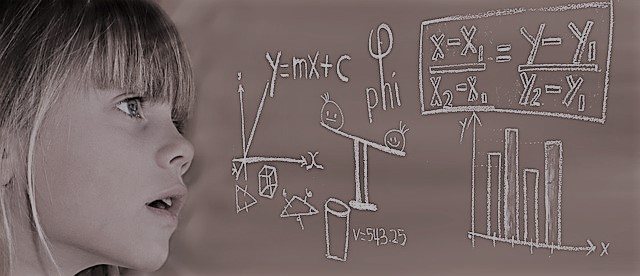SEND
Many parents have questions and concerns with regard to their children’s learning and mental health. Some of the most common questions we hear are the following:
- How do you know if your child is making progress in line with school expectations?
- How do you know if your child has additional needs? Do they struggle with their studies?
- What support is available to children with Special Educational Needs and Disabilities?
- Which schools or universities provide the best support?
Special educational needs and disabilities (SEND) can affect a child or young person’s ability to learn. They can affect:
- behaviour or ability to socialise, for example, they struggle to make friends
- reading and writing, for example, because they have dyslexia
- maths progress, for example, because they have dyscalculia.
- ability to understand and process new ideas.
- concentration levels, for example, because they have ADHD
- physical ability (gross and fine motor skills)
As a first step, we recommend some initial investigation into whether further discussions and diagnosis are required. You can find out more about your child with our two profile assessments to begin with with details available here for Project Thrive.
In addition, we can recommend a neurodiversity profile assessment that covers
- Emotions and Feelings
- Attention, Organisation and Time Management
- Speaking, listening and understanding
- Literacy
- Memory, vision, auditory and senses
- Physical coordination
- Numeracy
The report can highlight traits often associated with Dyslexia, Dyspraxia, Dyscalculia, ADHD, Autism Spectrum Condition and Developmental Language Disorder.
For details please email hello@icenimastermind.org
Based on the results of your child’s profile, we can then put you in touch with one of our specialists if you wish.
ICENI works with a team of specialists who provide expert SEND advice and consultancy that can help you find the best educational setting for your child.
SEND Services offered: Autism/Dyslexia/Dyscalculia screening and full diagnosis.
Screening: If you feel that your child has some learning difficulties, but you are unsure whether they would benefit from a full diagnostic assessment, a screener might be a good place to start to understand a child’s underlying general intelligence and potential.
The screening explores processing, memory and literacy and/or Maths ability and includes reading, spelling, writing, arithmetic, algebra, problem-solving and fractions. It will outline strengths and areas for development and provide recommendations for learning in school as well as the next steps.
This assessment takes 2–3 hours and includes initial feedback as well as a Zoom feedback session after you have received the report. The written report will be sent to you via secure email within 14 days. It will take into account background information from the parents, school and child, where appropriate.
If the screening recommends that a full diagnostic assessment is advisable, £75 will be deducted from the cost of the full diagnostic report.
Full Diagnosis: A comprehensive assessment of learning ability and will include a thorough investigation of processing, underlying ability, memory, English and/or Maths ability. It incorporates background information from the family and the child’s school as well as from the learner. The purpose is to understand a person’s learning ability and from this, a full diagnosis is given. It outlines both strengths and areas of development as we all learn differently and finally gives practical recommendations for supporting and developing the person’s learning ability.
This assessment takes 4-5 hours and includes initial feedback via a Zoom call within 24 hours as well as an extended Zoom feedback session after you have received the report. The report will be sent to you within 14 days.
A deposit will be required at the time of booking and full payment of the remaining fees will be expected after the assessment day is complete.Please note, the report will not be released without the full payment being received and cleared.
A guideline to fees:
Autism, Dyslexia (English), Dysgraphia (English) or Dyscalculia (Maths) Screening: £400
Full Diagnostic Assessment: £675
Both services include a complimentary Young People Index report for children aged 14 – 17.
Our SEND specialists:
Our specialists are globally recognised practitioners with significant experience in schools and universities and working directly with families and their children. From consultation to screening to diagnosis, we can assist in guaranteeing the best support for your child’s academic needs.
Charlotte (Autism and ADHD): Charlotte has worked for over 25 years in the field of Autism, in roles which have included Teacher, Deputy School Director and Consultant for Autism.
She has provided services to families with children/young people/adults who have a diagnosis within the ‘Autism Spectrum’, as well as to schools, other settings and professionals.
Lucy (Dyscalculia): Lucy’s experience covers autism, ADHD and dyscalculia and she has worked with children who have had severe mental health problems.
Lucy helps children suffering from anxiety prepare for public and in-school exams and supports lower achievers to maintain their progress in education. Lucy is a Level 5 qualified Dyscalculia assessor.
Kelly (Dyslexia): Kelly is a Specialist Assessor nnd former Head of Learning Support. She is a Level 7 qualified Dyslexia assessor.
Dyslexia is a learning difficulty which primarily affects reading and writing skills.
However, it does not only affect these skills. Dyslexia is actually about information processing.
If you would like a confidential chat about these services, please email hello@icenimastermind.org

